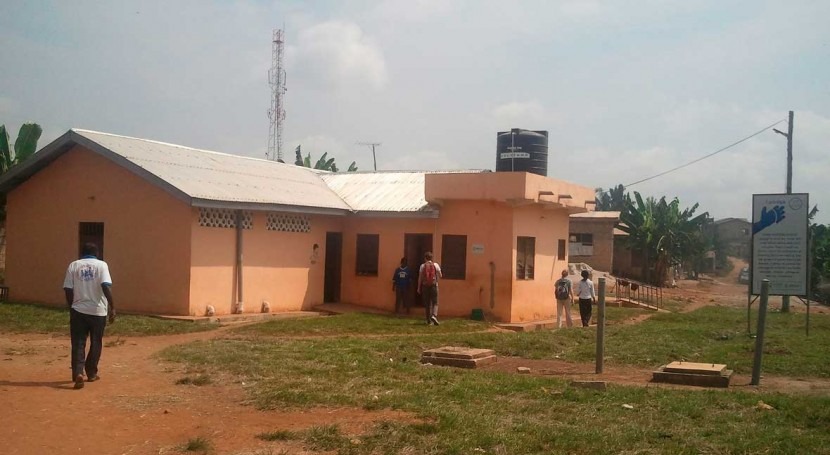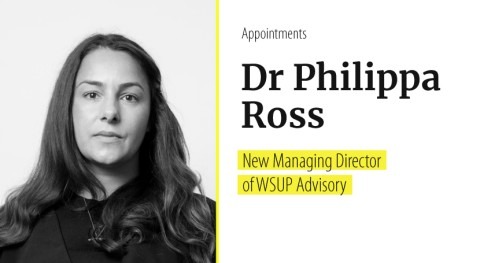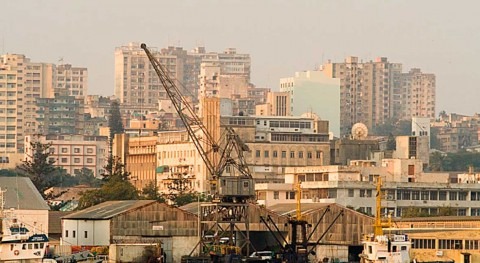On occasion of tomorrow’s World Toilet Day, the WSUP charity has released a report that explores the financial, social, legal and physical hurdles to improving household sanitation in Ghana.
In urban Ghana, it’s rare for people to have toilets inside their house. Instead, public toilets, many of them pay-per-use, fill the gap and open defecation remains prevalent. Headway towards universal access is slow, and if the sluggish rates of progress continue it will take another 400 years for everyone in the country to gain access to basic sanitation. A multitude of stakeholders, particularly in low-income, informal or even illegal settlements, co-exist and interact with each other in ways that are hard to foresee. Many of these wider systemic problems were anticipated at the beginning of the programme, and preventative efforts were made to alleviate some of their effects.
However, some proved so embedded in political, cultural and legal norms that progress towards tackling these challenges has been slow, such as: public toilets continue to be a culturally and politically accepted alternative to household improved facilities; only those who own their own homes are eligible for the few loans that are available for sanitation; tenants cannot build toilets on land that they did not own, partly because landlords do not want to lose space for which they could otherwise collect rent.
Takeaways
While the eco-system for sanitation in Ghana is challenging, it is not intractable. With careful co-ordination and concerted effort from stakeholders, including different levels of government, non-governmental organisations, business owners and customers themselves, the market can be unblocked. Some suggested next steps based are below:
- Toilet sales must be seen and dealt with in the wider context of barriers to implementation of sanitation services in Ghana. These include costs of toilets but also inadequate legislation, lack of enforcement of existing legislation, prevalence of public toilets as a zero-capital cost option, and the lack of prioritisation of sanitation by consumers.
- To facilitate sales of household toilets, optimisation of the costs of materials for every option offered is required. However, further work is also required regarding labour costs - this could improve business efficiency and further reduce costs in Ghana.
- Sanitation subsidies should be applied with care and only with the support of local government.
- Simplified loan products and procedures are required if those eligible to apply are to be incentivised to do so. To increase the pool of eligible candidates in lower income areas, requirements for collateral and documentation could be relaxed.
Read the full report here.








